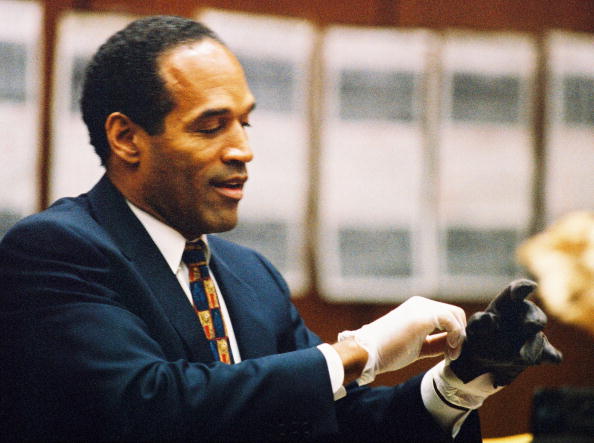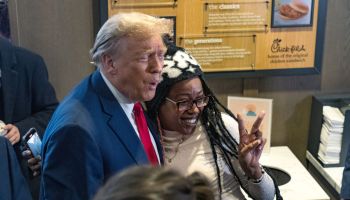The emails, surprisingly, began to flow in shortly after midnight and President-elect Barack Obama’s speech at Grant Park. I had told my students at Morehouse College that we would have an electronic class in lieu of our Wednesday classes. They would have to email me their reactions to our historic election by midnight Wednesday (within twenty-four hours after Tuesdays election night) come what may.
I gave them one mandate: Keep it real.
In that first wave of emails, one steady refrain stood out-I’m proud to be a black man.
The sentiment brought to mind Michelle Obama’s statement, “For the first time, I am proud to be a black American.” Her comment was much maligned in mainstream media. But among the African-American community, however, her statement was anything but unpatriotic and incomprehensible.
Michelle was signifying the historic definition, treatment, and representation of black folk as something less than first class, genuine American citizens. She was echoing W.E.B DuBois’s much referenced articulation of double-consciousness, that curious condition of being American and, yet, via the demonization of one’s own blackness not American too.
My eighteen through twenty-something black male students at Morehouse may not grasp all the historical representations of black masculinity and various names for them that have dogged black male identity in America-Zip Coon and the brute-for example. But they have come of age when the culture and music that in part defines their speech, fashion, and masculinity has been marked dangerous and dysfunctional.
The sagging pants, vernacular speech, and masculine ghetto posturing, critical to their face in the world, have been confiscated and redefined as cool in popular culture. At the same time, this identity has been demonized within the American imagination.
All the while, these twenty-first century generation Morehouse men walk in the large shadows of their esteemed brethren like Benjamin Brawley and Dr. Martin Luther King, Jr. From day one on campus, they are told that they must carry that legacy and set new heights of achievement that will become etched into Morehouse’s history book.
But for Civil Rights generation era black folk, the very representation and attitudes of their hip-hop sons seem at odds with that very legacy. And for this hip-hop generation of black men, it is difficult to grasp that older generation; its aversion to hip-hop culture and out-of-date style just doesn’t register. Further, the older generation just doesn’t have contemporary cool cache.
When Ebony magazine offered its recent series of cool black male figures on the covers of its magazines, for example, Marvin Gaye, Prince, Denzel Washington, and Barack Obama were among those that graced the seven covers. Others, such as the late Tupac Shakur, who the younger generation could identify with were included inside the magazine-but didn’t grace the cover.
Ebony may be the quintessential black middle-class and upper-class staple periodical, but it is not the entertainment or black magazine of note around campus. For today’s younger generation, Vibe and a host of other hip hop-oriented publications (Source, XXL, etc.) hold that coveted slot.
Understanding this fissure, what my students’ comments suggested to me is that Obama has the potential to bridge the cool gap between the two generations.
I don’t mean this in the eternally cool sort of way that men across the generations embrace signature black male entertainers (Marvin Gaye, Bob Marley, for example).
For the hip-hop generation, Obama’s storied posture (shrewd, never-let-them-see-you-sweat, strength and self-containment under fire) is the epitome of the street savvy, ready-for-any-fight posturing that has become integral to young Black male culture.
This is true whether or not the young man in question is sagging on a college campus or in a south side of Chicago or Compton neighborhood.
As has been observed from Newsweek to a number of black President rap music songs this year, Obama’s self-representation has penetrated the consciousness of the black male hip-hop psyche. The countless young black men who have said to me these past few months, “That’s a sharp brotha there!” also attest to this.
My student’s reactions, by and large, then are at once proud of both this historic achievement and proud of this singular black man’s image. They understand that it does not transform all the negative coding of their black male bodies or the dangerous profiling that comes along with it. But, for them, Obama has ushered in a new possibility for redefining their own cool black masculinity.
Stephane Dunn is the author of Baad Bitches and Sassy Supermamas. She teaches popular culture and African American Studies at Morehouse College.
















